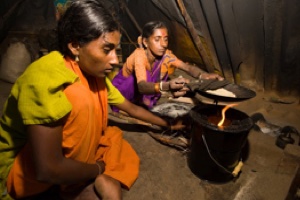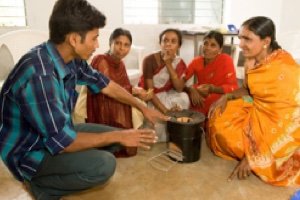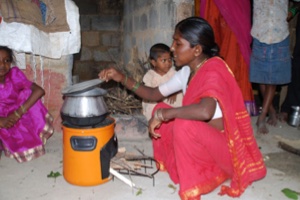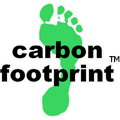India Cookstove
Breathing Space Improved Cooking Stoves (ICS) Programme




The Breathing Space Improved Cooking Stoves (ICS) Programme is a voluntary Programme of Activities that disseminates energy efficient cook-stoves to households in India.
India’s domestic sector is one of its largest primary energy consumers with 75% of energy requirements met by fuel-wood and agricultural waste. Cooking alone is responsible for 90% of household energy consumption, and demand is increasing annually at a rate of 8.1%. As per the World Health Organization Comparative Risk Study, approximately 400,000 women and children die every year in India due to exposure to smoke from household use of solid fuels. The Breathing Space Programme, by replacing traditional stoves, contributes towards solving the indoor air pollution problem by deploying cleaner and greener cooking stoves in addition to reducing Greenhouse Gas (GHG) emissions.
ICS are designed to achieve reduction in fuel consumption (non-renewable biomass) and improvement in levels of indoor air pollution. The ICS result in better heat transfer and complete fuel combustion (avoiding smoke, black soot and Particulate matter as compared to that achieved in traditional cook stoves. This results in a significant reduction in non-renewable biomass consumption and levels of indoor air pollution in project households.
Social and Economic Benefits
Employment:
- The programme gives rise to new employment opportunities for stove technicians, distributors/ dealers, people engaged in awareness campaigns, and other support staff.
Livelihood of the poor:
- The programme leads to improvements in living conditions especially for women in project households. The ICS are fuel efficient compared to traditional chulhas. Therefore, the programme reduces the drudgery of fuel wood collection for women and young children by reducing the time required for this activity. Furthermore, reduction in biomass consumption directly reduces cooking costs for the project population permitting higher savings for end users.
Access to affordable and clean energy services:
- The ICS are sold at nominal prices to end users thereby providing them affordable energy service. In addition, the project has spent considerable effort in creating robust marketing and distribution channels for ICS sales which can be easily accessed by end users. The project has trained distributors and retailers to ensure that ICS benefits are explained to end users at the time of purchase. Thus, the project contributes towards improving access to affordable and clean energy services.
Human and institutional capacity:
-
The programme aims to develop human and institutional capacity of project households in India. The programme conducted awareness campaigns to sensitize people against the ill-effects of IAP. Further, by reducing the amount of cooking time (better heat transfer in ICS saves cooking time) the programme provides women in project households with more time to invest in productive and capacity development activities.

 Following a QAS approved carbon footprint calculation, this projects meets the requirements under the Quality Assurance Standard (QAS) for Carbon Offsetting. As part of this we are audited to ensure all offsets sold are retired on appropriate registries within 12 months of you purchasing.
Following a QAS approved carbon footprint calculation, this projects meets the requirements under the Quality Assurance Standard (QAS) for Carbon Offsetting. As part of this we are audited to ensure all offsets sold are retired on appropriate registries within 12 months of you purchasing.
More information on the QAS...
Already calculated your carbon footprint and ready to offset?Contact Us if you need to offset over 100 tonnes of CO2 to choose your specific project and get the best prices |
